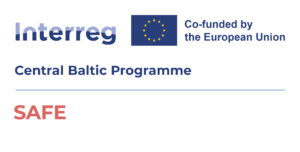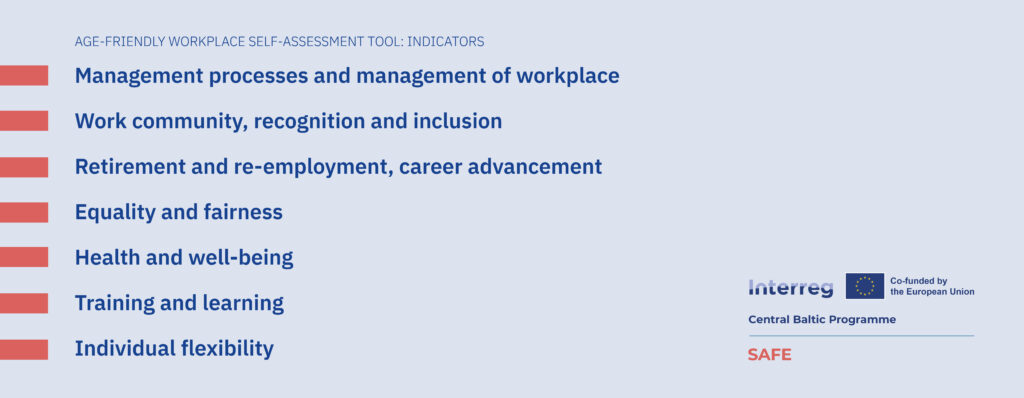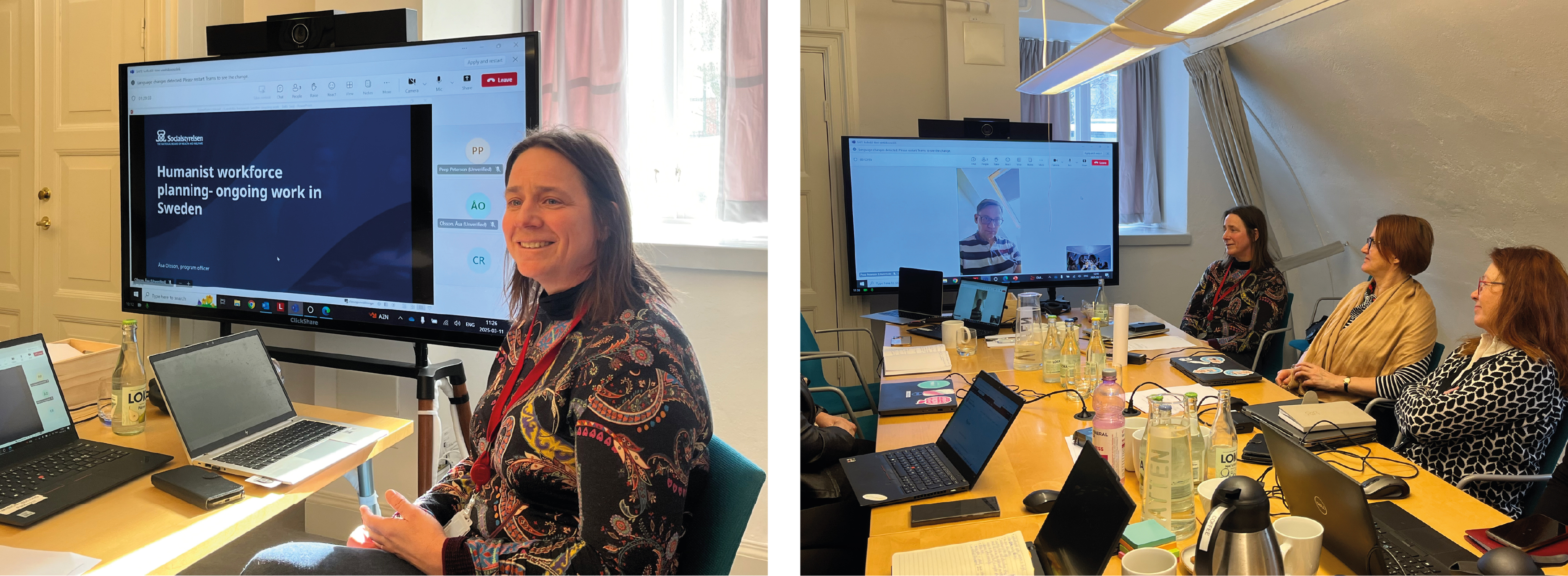What makes a workplace age friendly, and why should we evaluate it?
 As work is a significant element of our lives where we spend a large part of our waking hours, it plays a vital role in our overall health and well‐being. We also change and age during our working lives. Our Interreg Central Baltic project SAFE seeks to improve employment opportunities for individuals aged 55 and above and will propose solutions for age friendly practices at work. The first step in this process is to define what creates an age-friendly workplace and to evaluate current practices.
As work is a significant element of our lives where we spend a large part of our waking hours, it plays a vital role in our overall health and well‐being. We also change and age during our working lives. Our Interreg Central Baltic project SAFE seeks to improve employment opportunities for individuals aged 55 and above and will propose solutions for age friendly practices at work. The first step in this process is to define what creates an age-friendly workplace and to evaluate current practices.
In our words workplace age-friendliness refers to the extent to which an organization maintains the employability of its older workers by embracing an organizational culture in which they are accepted and treated according to their competencies and needs. Age and ageing have previously been ignored in research regarding transitions during our working life and therefore overlooked and trivialized in practice. The SAFE project aims to change it and to facilitate a discussion with employers and the broader work community in becoming age-friendly and use the full professional potential of all individuals regardless of their age.
One of the main project processes and outputs are defining the relevant indicators for the self-assessment tool composed together with the employers. This assessment is a part of the age-friendly workplace solutions’ recommendations that will be developed in the next project stages. The indicators play a critical role in guiding organizations and individuals in evaluating their age inclusivity and progress toward creating age-friendly work environments. The project SAFE experts and researchers have defined more than 80 indicators that will be narrowed down to a handy and simple questionnaire for employers. The indicators are selected based on various areas of our daily work life.

When talking about age-friendly practices, it is important to acknowledge that aging happens throughout our life and is ongoing as soon as we enter the labor market. It is crucial to take preventive measures in order to make working life sustainable for all ages throughout, and not only when issues occur before retirement. To better achieve this intent the field experts in the project partnership engage with employers and employees to solicit their valuable input and feedback. It is instrumental in shaping the framework for the solutions of an age-friendly workplace, ensures its relevance, and addresses the unique needs and concerns of both employers and employees in creating age-friendly work environments.

The Nordic-Baltic region’s aging population is a testament to successful healthcare and socioeconomic development. The rapid ageing of the population, however, presents an unprecedented set of challenges in the labour market. As the population ages, it is increasingly important for management to adapt and for older employees to be able to meet the changing requirements and remain in the labour market. What is needed now is an open, active dialogue about how we can navigate these changes together within our work communities and see an ageing population as an opportunity. This mindset is vital for the progression of society and the SAFE framework for age-friendly practices at work can set a positive example in guiding us toward this goal.
The “Solutions for Age-Friendly Employer (SAFE)” project joins four partners from Estonia, Finland, and Sweden. The cooperation aims to strengthen and improve employment opportunities for employees aged 55+ specifically focusing on the health and wellness sectors. The project is financed by the European Regional Development Fund through Interreg Central Baltic 2021-2027.